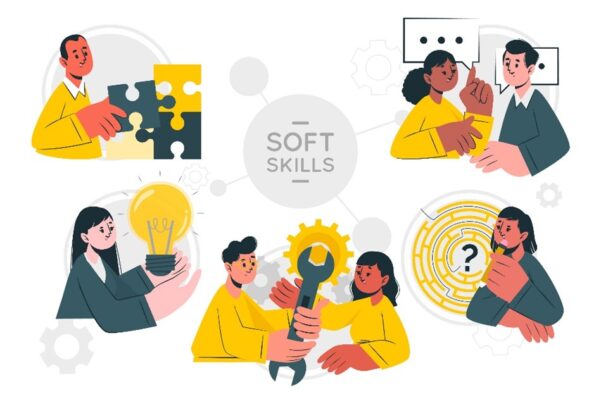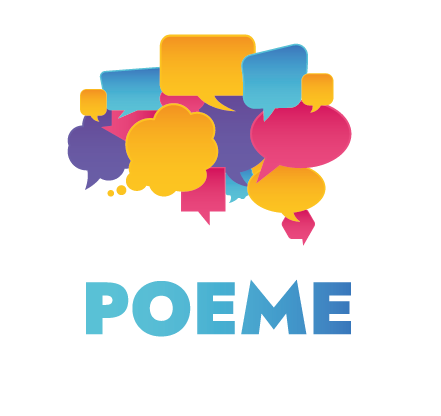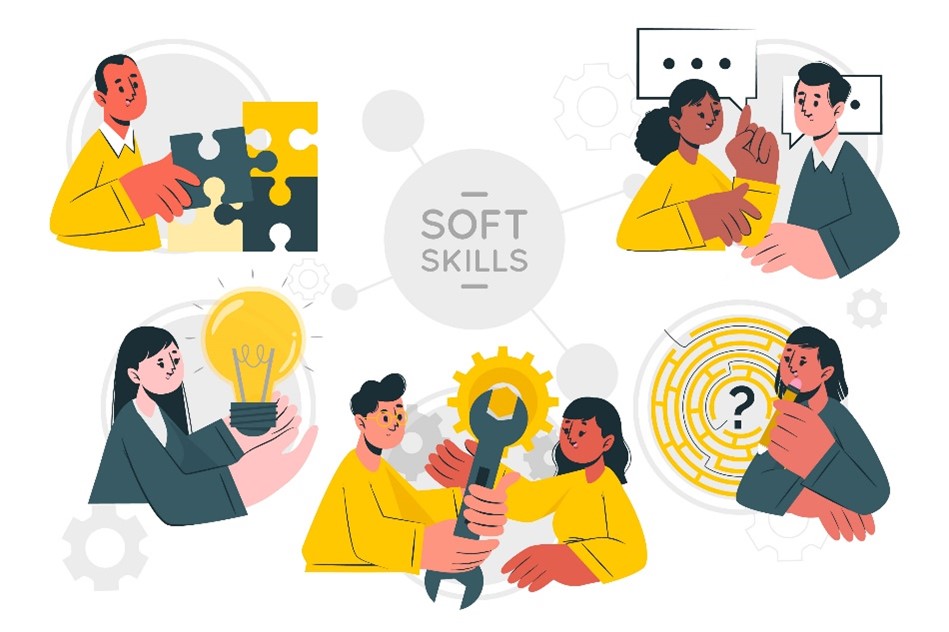The past couple of decades have marked an increasing emphasis on the notion of soft skills which are also widely known as transversal competences, 21st century skills, life skills, core skills and more (Chong 2019). This has been reflected in the fact that various educational directives include the direct and indirect development of these skills in their educational objectives.
So, what are these soft skills and what do they entail?
According to the Connections Academy by Pearson (2022) soft skills are those attributes and traits which allow individuals to communicate effectively with various groups of people, to work well within teams, manage their time, solve problems, cultivate strong work ethic, but most importantly it allows for individuals to take personal responsibility for their own work. Individuals can develop their soft skills through socialization as well as relationship building, learning the appropriate actions, attitudes and values through various interactions with others.
During students’ time in school and especially in the more senior classes, soft skills are considered vital in order for students to be able to stay on top of their studies and for setting them apart from others, when they attempt to acquire a job later on in life. Since socialisation and relationship building are part and parcel of the early adolescent life, secondary education provides the perfect ground in preparing young students for acquiring these skills for the future through the incorporation of soft skills development in school activities (AMLE 2022).
The POEME project provides the opportunity for soft skills development for secondary school students through its aspects of digital education (i.e. e-books, e-worksheets, etc) as well as through the student-teacher collaboration leading to the creation of student curated exhibitions.

Written by CIP
Resources:
- Chong, Chia Suan. (2019). The soft skills that all students need. ETONX.
- (2022). Soft Skills: Preparing kids for life after school.
- Connections Academy. (2022). How to help high school students develop soft skills.





